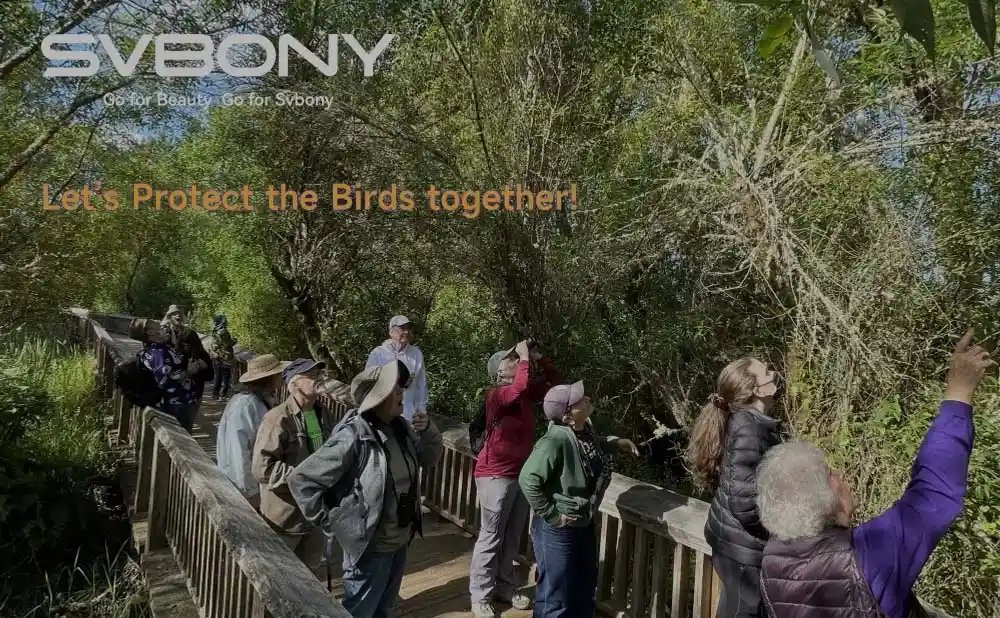World Migratory Bird Day

World Migratory Bird Day
As we recognize World Migratory Bird Day, it's vital to highlight the intricate connection between birds and insects, two groups that are essential to our ecosystems. Through the initiatives undertaken across various flyways, we aim to raise awareness about the threats these beautiful creatures face—both general and specific. By sharing experiences and activities, people worldwide can amplify their voices for bird conservation, emphasizing that protecting our avian friends is indeed a global responsibility.
The Critical Role of Insects
Insects, the most diverse group of organisms on our planet, play a crucial role in the food web. They are not just the primary food source for a vast majority of bird species; they also support various other plant and animal life. For birds that rely heavily on insects, fluctuations in insect populations can significantly impact their migration timing, breeding success, and overall survival. The timing of a bird's migration often hinges on the availability of food sources like insects, which help replenish their energy reserves at critical stopover locations in grasslands, forests, and wetlands.
Declining Insect Populations
Alarmingly, insect populations are declining at unprecedented rates globally, directly threatening birds’ ability to migrate, breed, and raise their young. This decline poses a significant challenge not only for birds but for entire ecosystems reliant on the balance between species. As this World Migratory Bird Day unfolds, our goal is to shine a light on the importance of insects as essential energy sources for birds and to promote ways to conserve both insects and birds.
The Interconnectedness of Species
Each bird species has evolved over millions of years to adapt to specific diets. While many migratory songbirds indulge in seeds, berries, fruits, and aquatic invertebrates, others depend primarily on insects. With the changing seasons, millions of birds migrate to warmer regions where these food sources are more abundant. This seasonal journey is crucial for ensuring that birds have the necessary energy to meet their needs throughout the year.
How You Can Make a Difference
Insects thrive in natural habitats such as wetlands, streams, meadows, and woodlands, where they become vital food for birds and bats. Many insects also transition through a caterpillar stage, feeding on various plant parts. Protecting these habitats is essential for sustaining both insects and the birds that depend on them.
Insects fulfill numerous important roles: pollinators provide us with food, beetles enrich our soil health, and predatory insects like praying mantises help control pests. Butterflies and moths not only bring beauty to our environment but also play key roles as pollinators.
Join the Movement
As we commemorate World Migratory Bird Day, let’s commit to protecting our feathered friends and their vital food sources. Here are some actionable steps you can take:
- Create Habitats: Plant native flowers that attract and support local insect populations.
- Reduce Pesticide Use: Minimize the use of chemicals in your garden, allowing insects to thrive.
- Support Conservation Efforts: Get involved with organizations dedicated to preserving natural habitats.
- Educate Others: Share information about the importance of insects and birds within your community.
Together, we can make a difference. Let’s protect the delicate balance of our ecosystems and ensure that both birds and insects continue to thrive for generations to come.
Happy World Migratory Bird Day!








